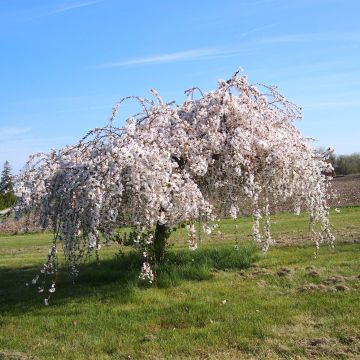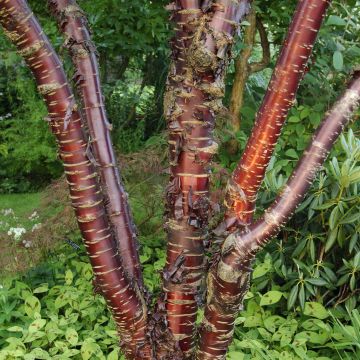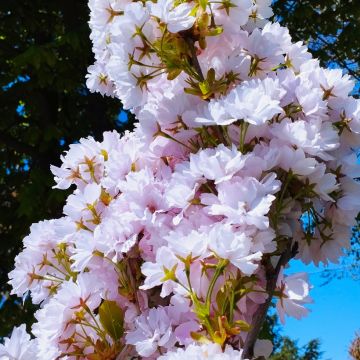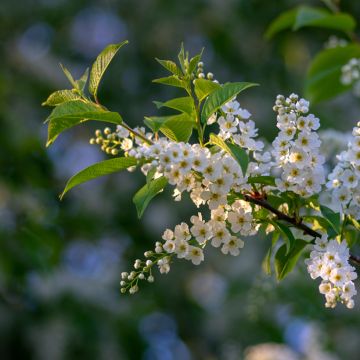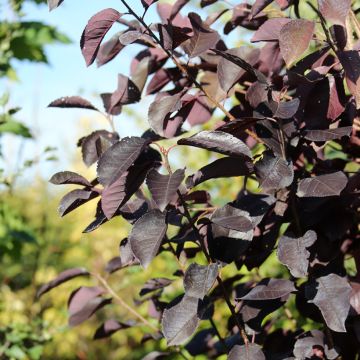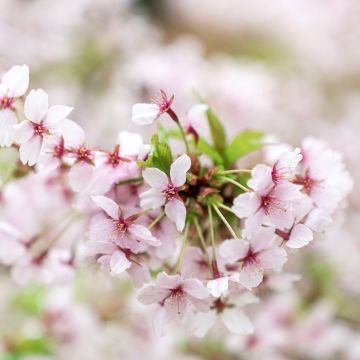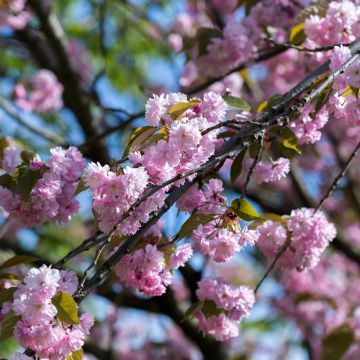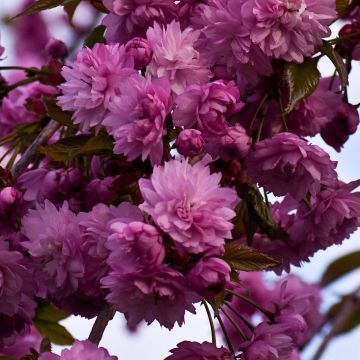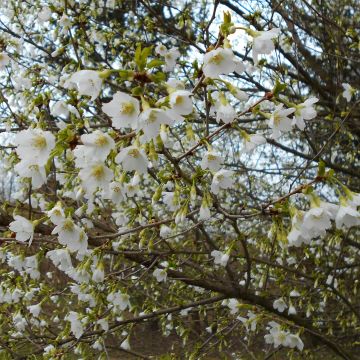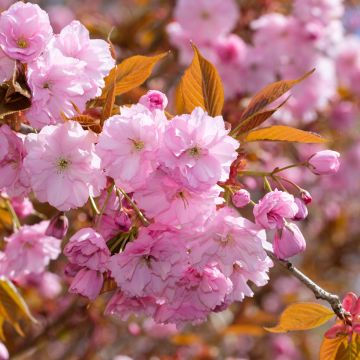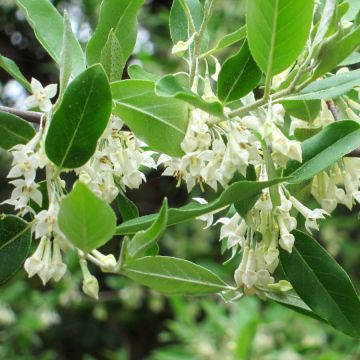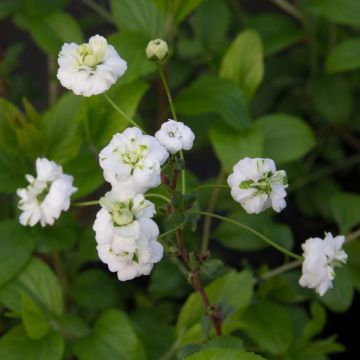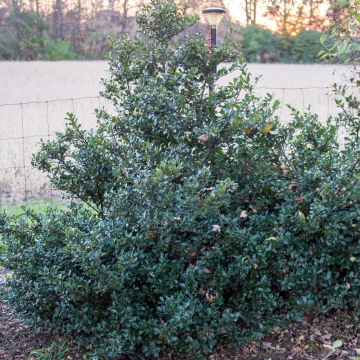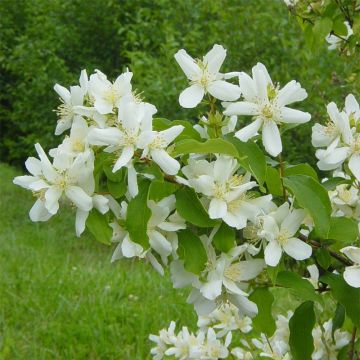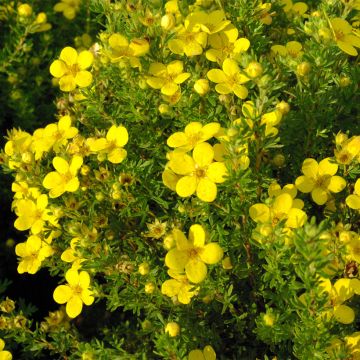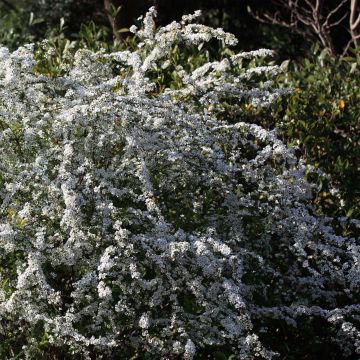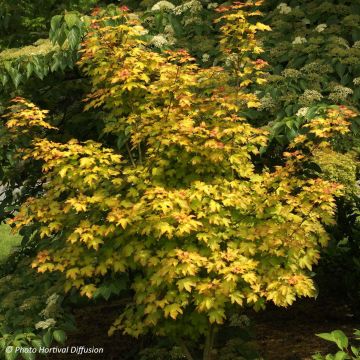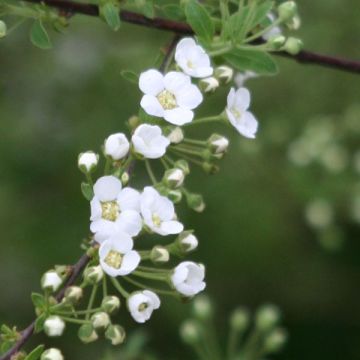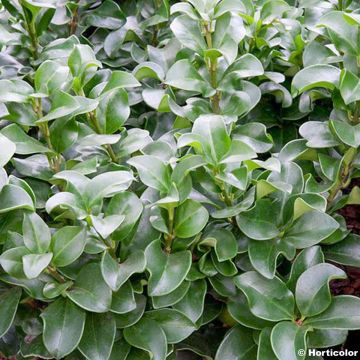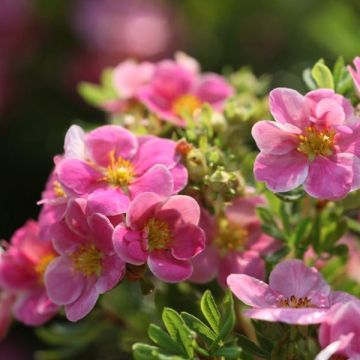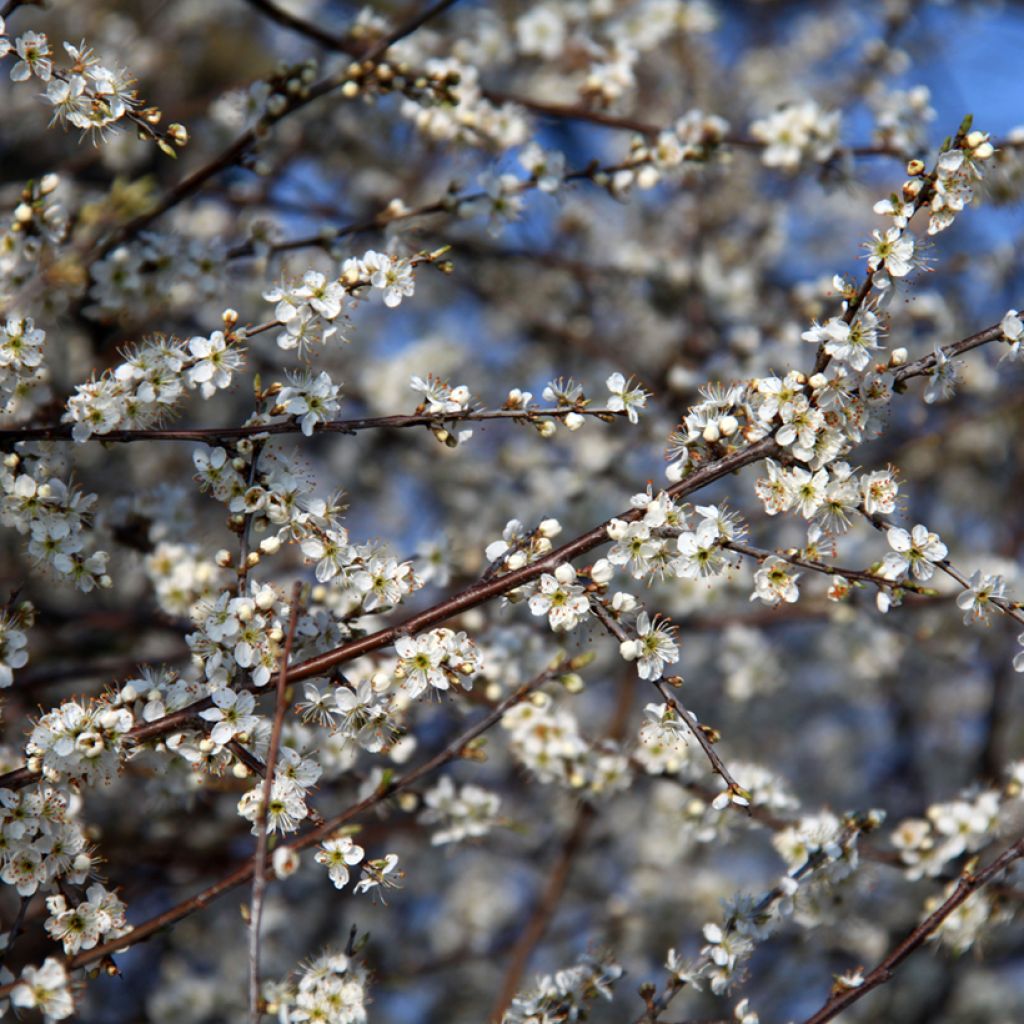

Prunus spinosa - Blackthorn
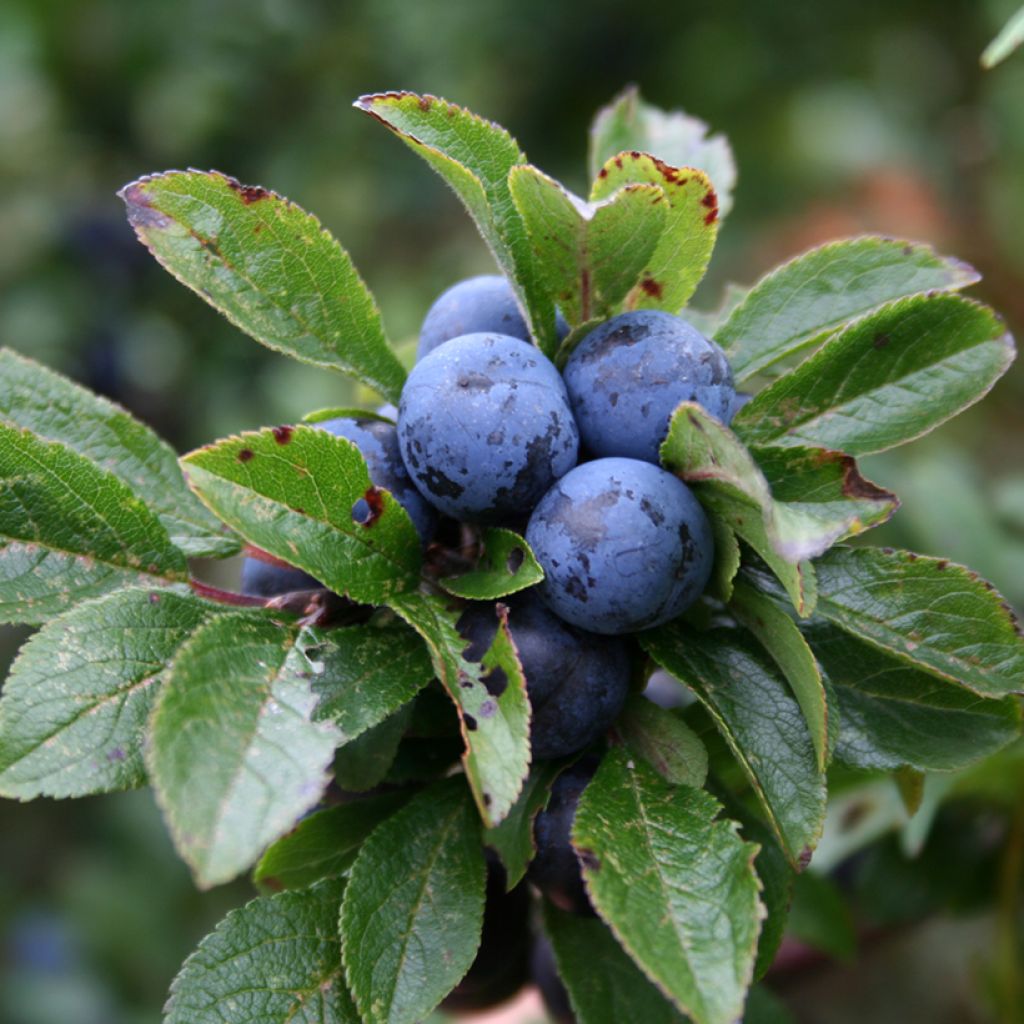

Prunus spinosa - Blackthorn
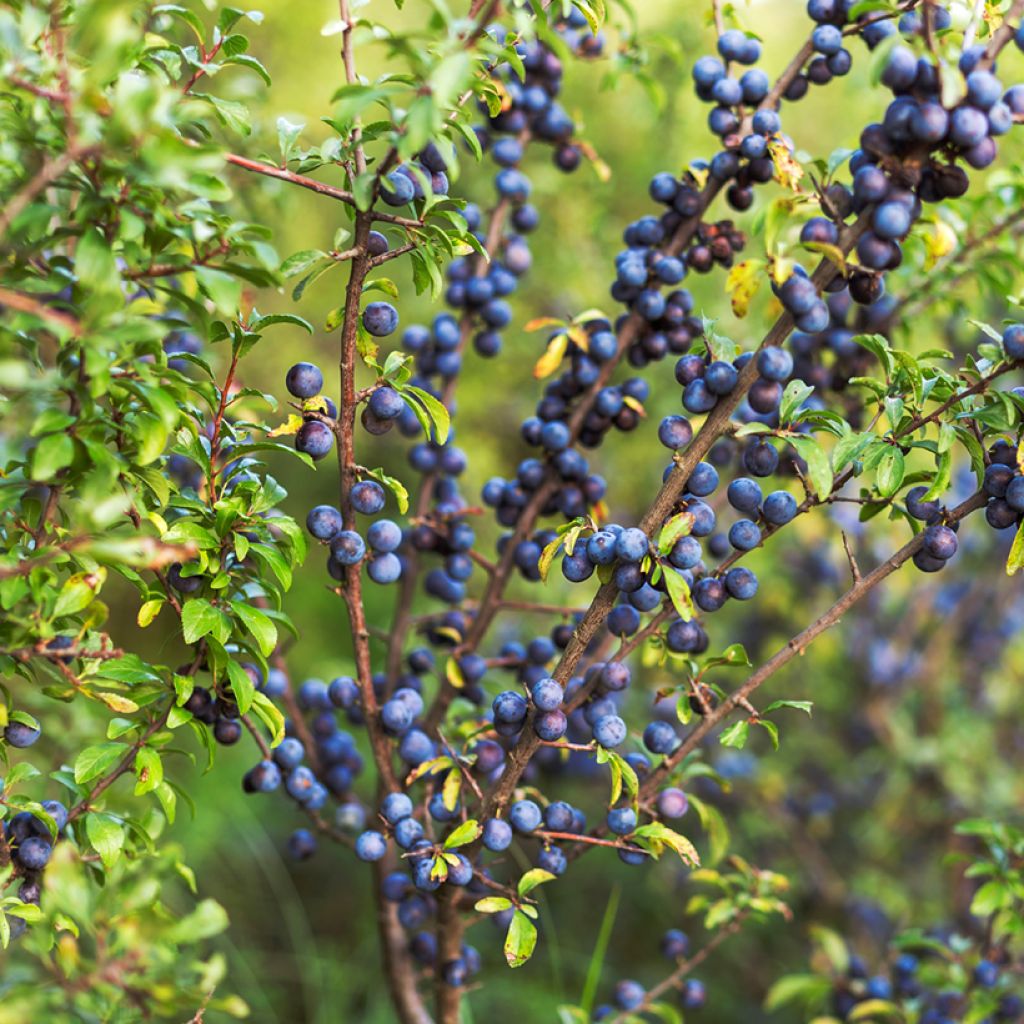

Prunus spinosa - Blackthorn
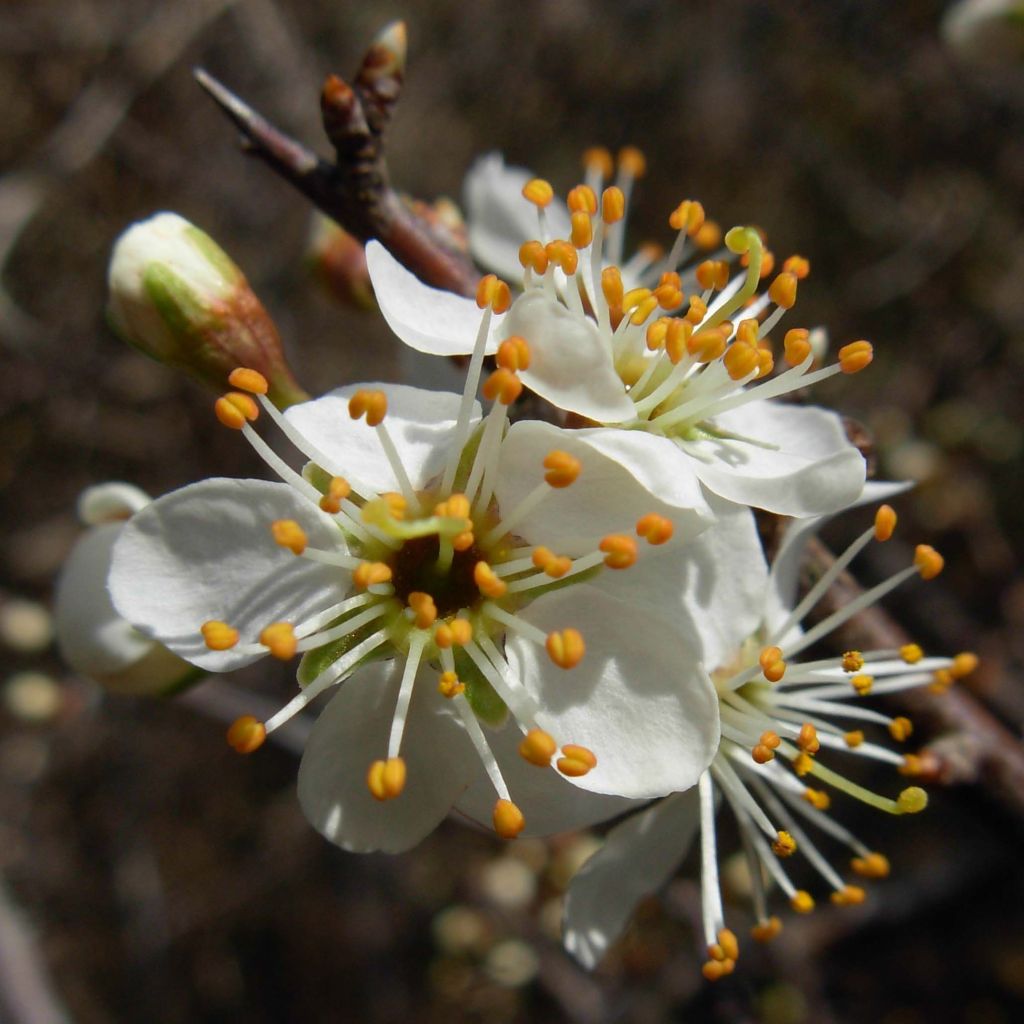

Prunus spinosa - Blackthorn
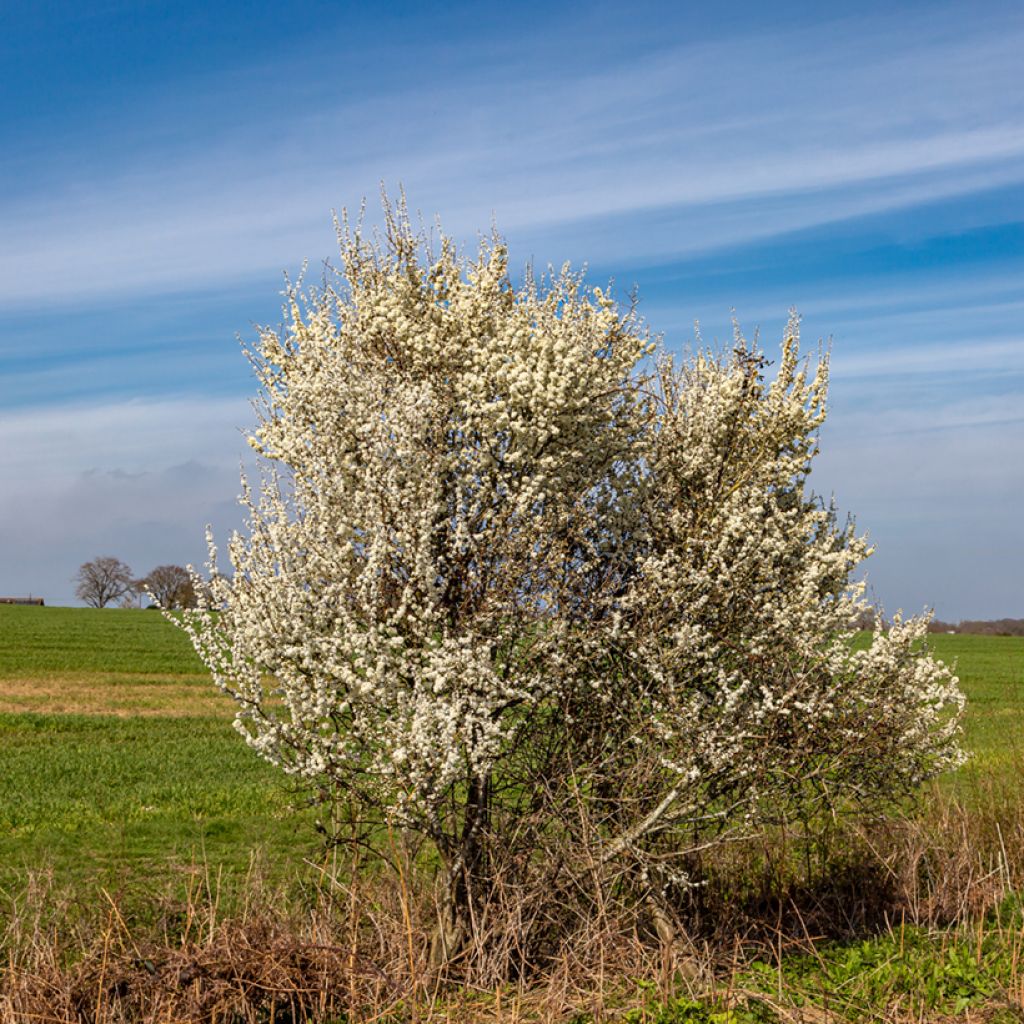

Prunus spinosa - Blackthorn
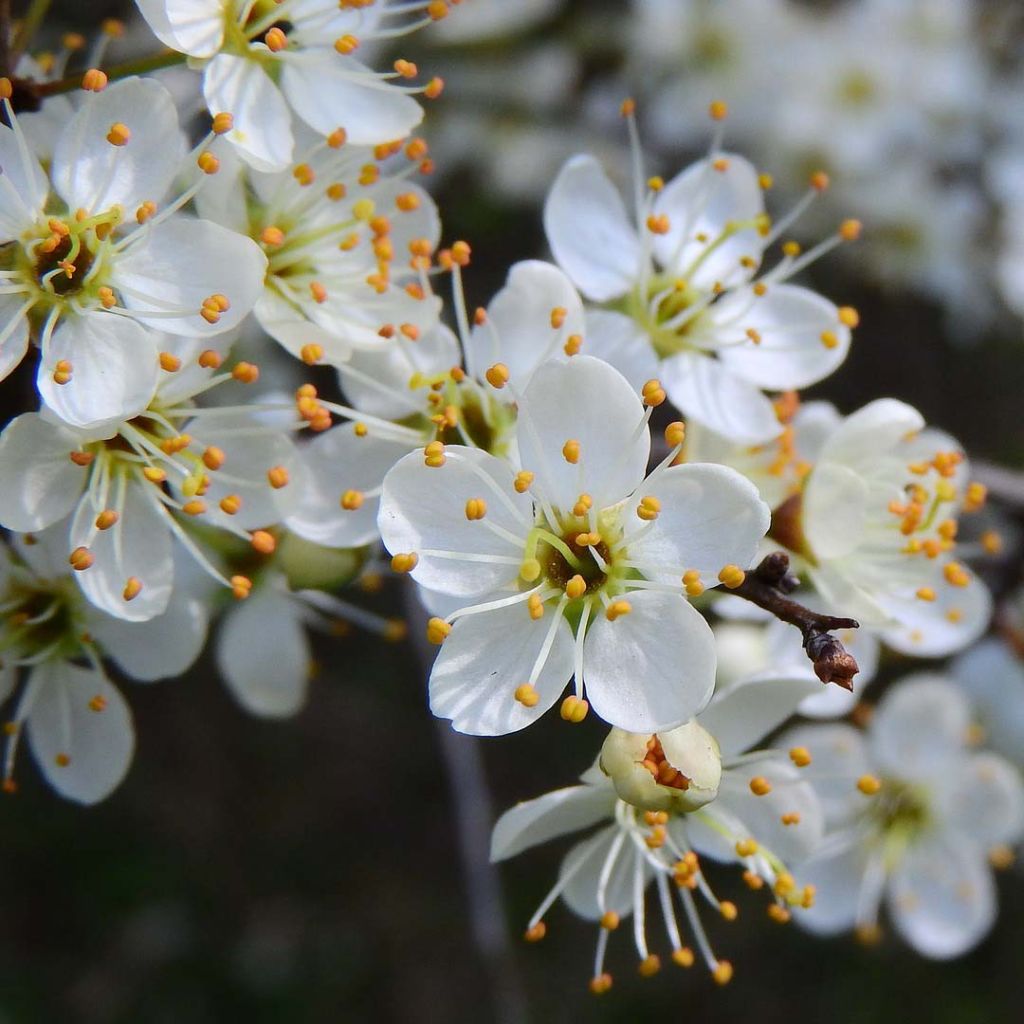

Prunus spinosa - Blackthorn
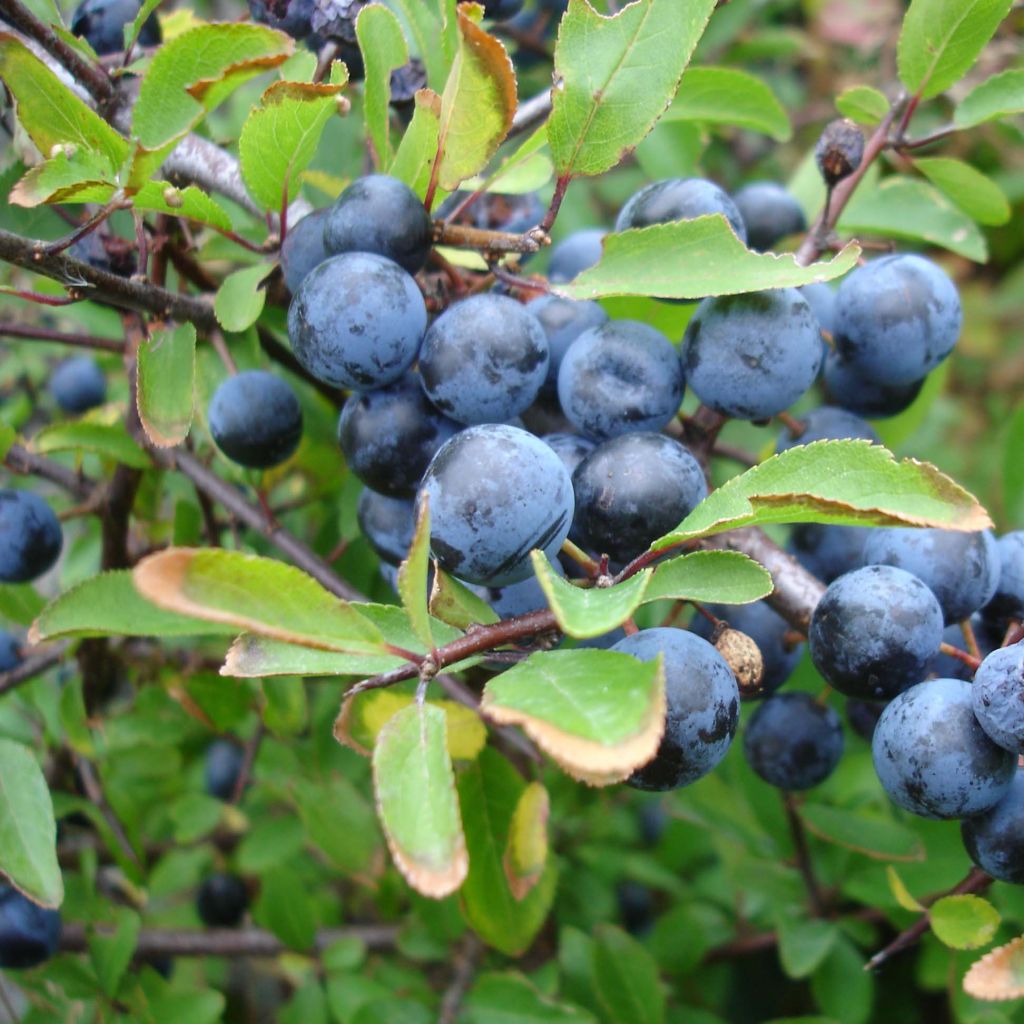

Prunus spinosa - Blackthorn
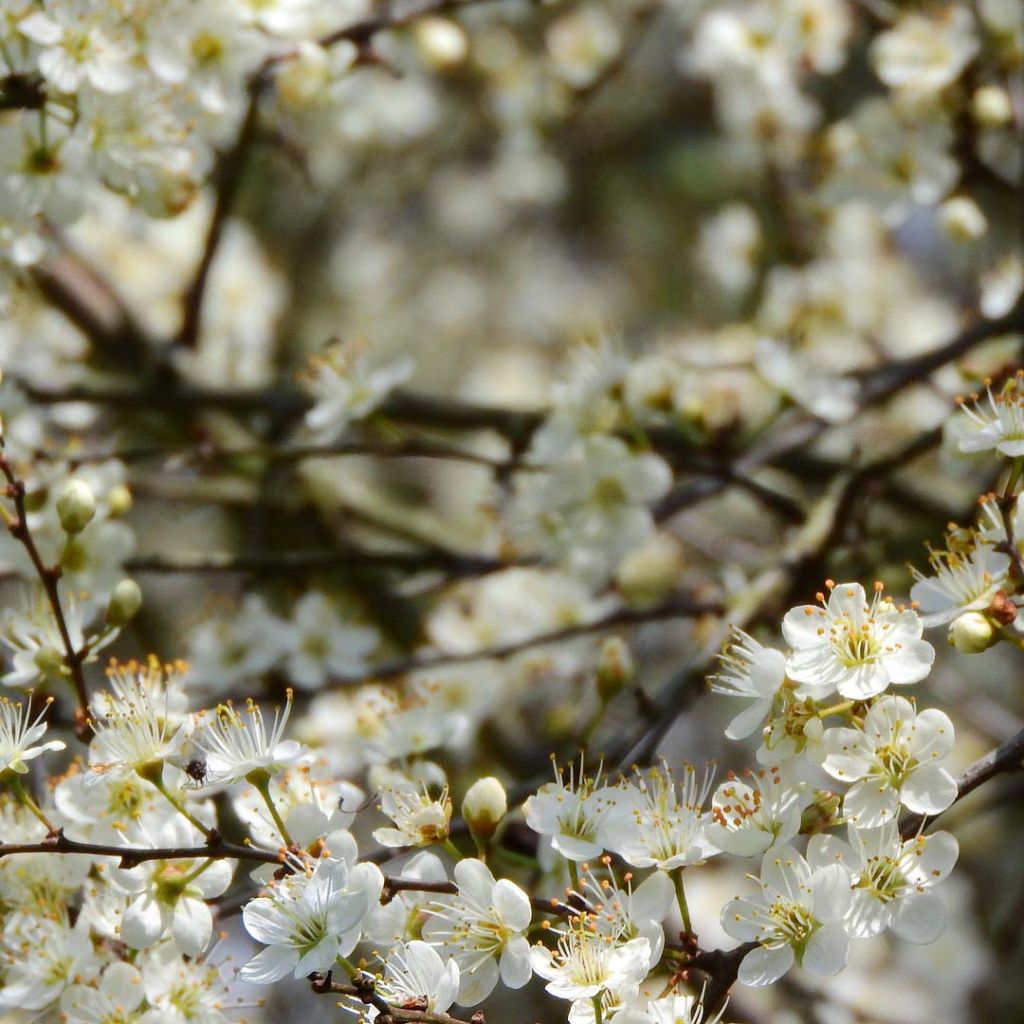

Prunus spinosa - Blackthorn
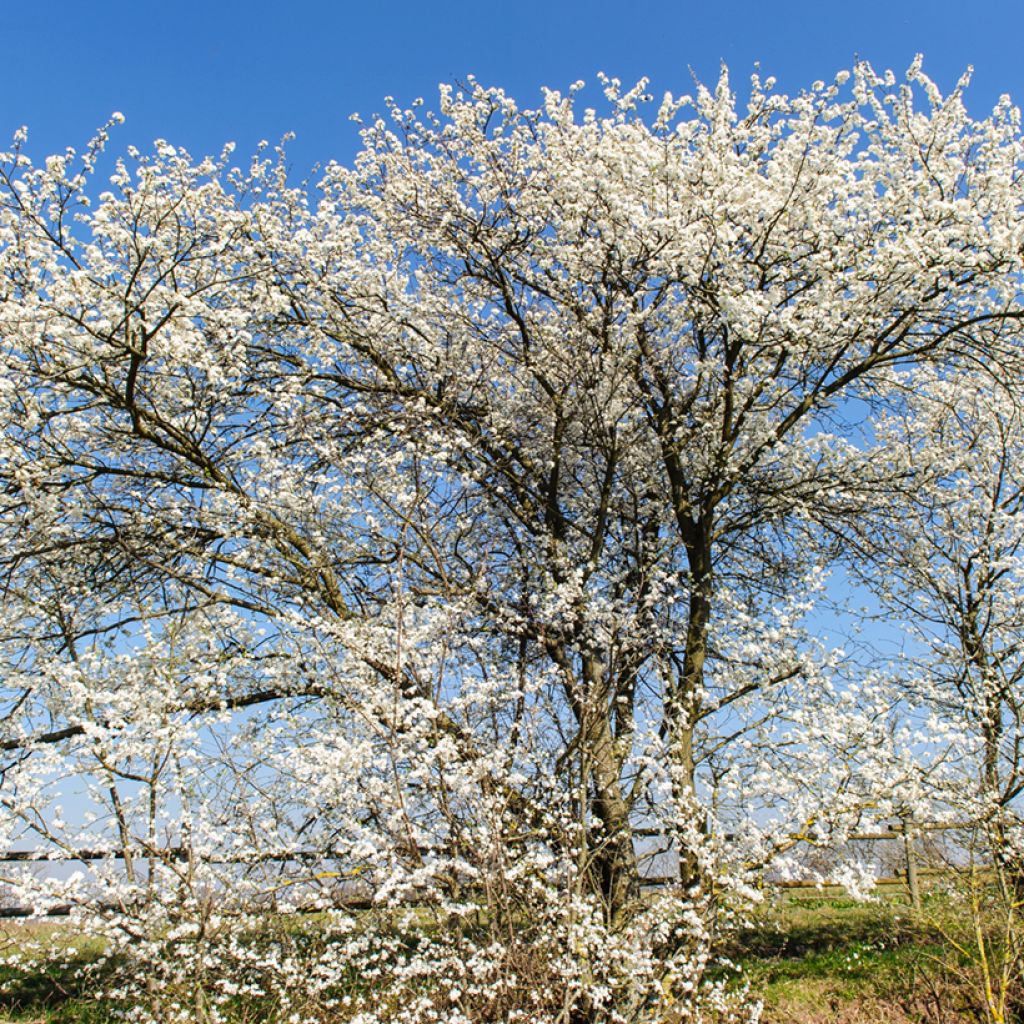

Prunus spinosa - Blackthorn
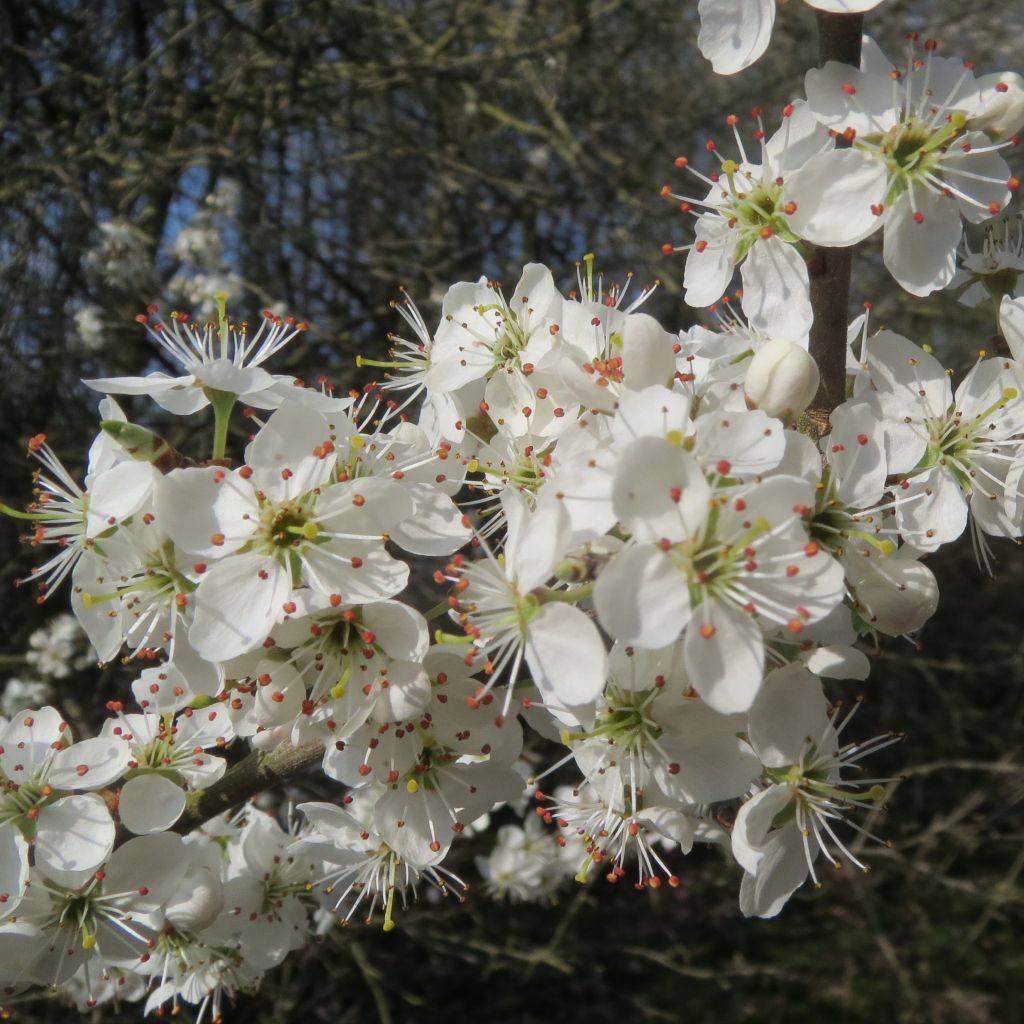

Prunus spinosa - Blackthorn
Prunus spinosa - Blackthorn
Prunus spinosa
Blackthorn
This item cannot be shipped to the selected country
Delivery charge from €5.90
Delivery charge from €5.90
Oversize package delivery charge from €6.90
Delivery to Corse prohibited
More information
Schedule delivery date,
and select date in basket
This plant carries a 24 months recovery warranty
More information
We guarantee the quality of our plants for a full growing cycle, and will replace at our expense any plant that fails to recover under normal climatic and planting conditions.
From €5.90 for pickup delivery and €6.90 for home delivery
Express home delivery from €8.90.
From €5.90 for pickup delivery and €6.90 for home delivery
Express home delivery from €8.90.
Oversize package: home delivery by special carrier from €6.90 per order..
Express home delivery from €8.90.
Delivery to Corse prohibited: UE law prohibits the import of this plant from mainland France to Corse as part of the fight against Xylella fastidiosa. Please accept our sincere apologies.
More information
Does this plant fit my garden?
Set up your Plantfit profile →
Description
The Prunus spinosa, more commonly known as the Blackthorn bush, is a large shrub or small thorny tree with a bushy habit that is familiar in our landscapes and impenetrable thickets, punctuated in spring by a lovely white flowering. It is also known for its black and edible fruits, sloes, which are also sought after by birds. This light-loving species is a robust, very hardy, fast-growing pioneer plant, but also slightly suckering, which has its place, just like hawthorn, in a rustic and defensive hedge.
The Prunus spinosa belongs to the large rose family, it is called Blackthorn, or common sloe depending on the region. It is native to North Africa (Morocco, Tunisia), Western Asia (up to Siberia), the west and south of Europe, and the Middle East (including Iran). Its natural habitat is open, low-altitude environments where it grows spontaneously on clay-limestone soil, sometimes rocky. This shrub with trailing roots often forms impenetrable thickets, but it does not tolerate competition from other shrubs. It grows rapidly depending on the growing conditions, with a short trunk and a shiny dark brown bark, and develops a well-branched and wide-spreading crown made of thorny and tangled branches. At maturity, this wild sloe will reach about 3.50m (11.4ft) in all directions. Before the appearance of young foliage, in March-April depending on the climate, a profusion of small white solitary flowers, with 5 petals, nectar-rich, and 1.5cm (0.6in) in diameter appear. The flowering is followed by the formation of small round plums (sloes), fleshy, erect, with a black-blue colour. They are edible when over-ripe but very astringent before the first frost. However, they are used in the preparation of jellies, jams, liqueurs, and sloe gin. The deciduous foliage is composed of small alternate leaves, ovate and pointed, measuring 2 to 4cm (1.6in) in length. The surface, dark green on the upper side, is downy on the underside. Its margin is dentate.
This thorny small tree, a symbol of vigour and robustness, will naturally find its place in a natural, flowering, rustic or defensive hedge. Very easy to grow and very resistant, it will be comfortable in most regions, from north to south and from east to west. For example, in a hedge it can be associated with other spring-flowering shrubs, in a row or staggered, such as ornamental apple trees, flowering peaches, Prunus mahaleb, quince trees, medlars, dogwoods, viburnums, Chinese almond trees, hawthorns...
Properties:
The blackthorn has very hard wood, often veined with pink, which was once sought after for marquetry. Its trailing roots are valuable for retaining and protecting soils from erosion, and its ability to spontaneously form impenetrable barriers was used to corral livestock. The tips of the branches are used to make sloe wine. Some parts of the plant are used in herbal medicine. Finally, this small tree serves as a refuge for many birds and hosts several varieties of butterflies.
Report an error about the product description
Prunus spinosa - Blackthorn in pictures
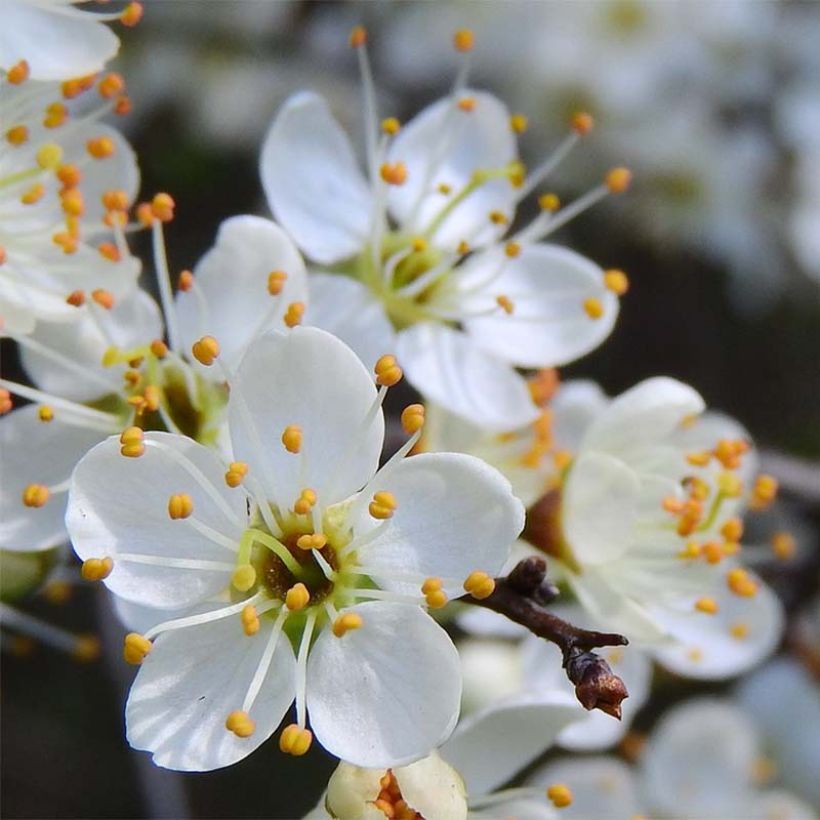

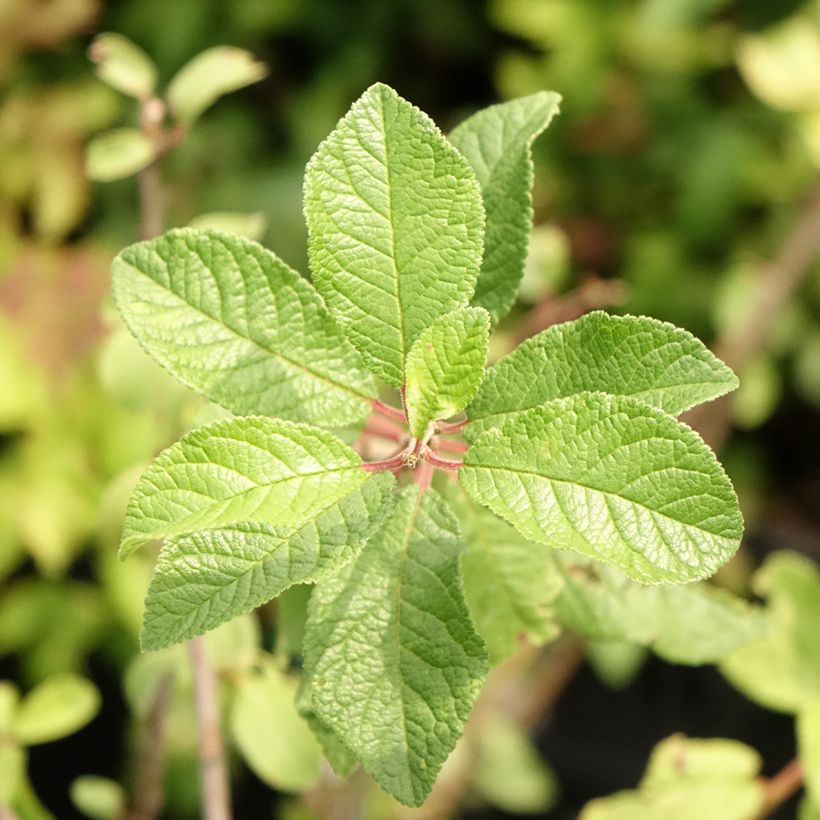



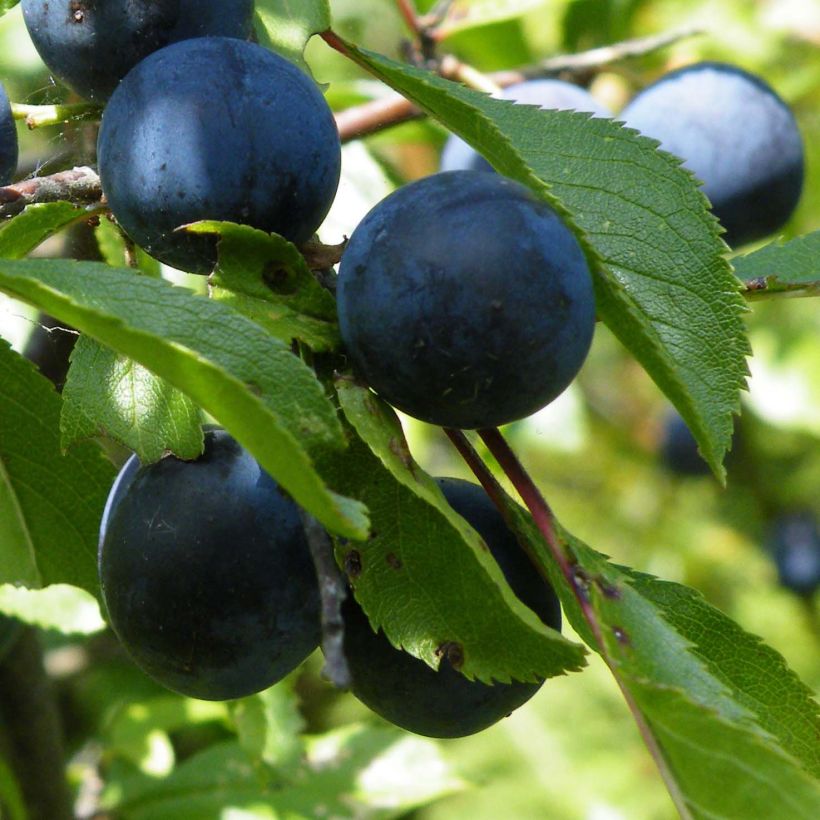

Plant habit
Flowering
Foliage
Botanical data
Prunus
spinosa
Rosaceae
Blackthorn
North Africa
Other Prunus
Planting and care
The Prunus spinosa is best planted in spring or autumn, depending on the climate. It thrives in full sun in any type of soil, with a preference for clay-limestone soils. It adapts well to rocky and dry soils in summer, where its growth will be slower and less robust. It does not appreciate competition from the roots of other bushes or the shade of large trees. Once established, it requires no watering in summer, even in hot and dry regions. Water regularly during the first two years to help it establish. When planting, mix your soil with compost at a ratio of 50% and coarse sand if your soil is very clayey. Dig a large planting hole. Apply a flowering bush fertilizer every spring. Be careful of late frosts that could damage early flowering. It is best to place the Prunus in a location slightly sheltered from dry and cold winds. This Prunus from our countryside has few natural enemies.
Planting period
Intended location
Care
-
, onOrder confirmed
Reply from on Promesse de fleurs
Hedge shrubs
Haven't found what you were looking for?
Hardiness is the lowest winter temperature a plant can endure without suffering serious damage or even dying. However, hardiness is affected by location (a sheltered area, such as a patio), protection (winter cover) and soil type (hardiness is improved by well-drained soil).

Photo Sharing Terms & Conditions
In order to encourage gardeners to interact and share their experiences, Promesse de fleurs offers various media enabling content to be uploaded onto its Site - in particular via the ‘Photo sharing’ module.
The User agrees to refrain from:
- Posting any content that is illegal, prejudicial, insulting, racist, inciteful to hatred, revisionist, contrary to public decency, that infringes on privacy or on the privacy rights of third parties, in particular the publicity rights of persons and goods, intellectual property rights, or the right to privacy.
- Submitting content on behalf of a third party;
- Impersonate the identity of a third party and/or publish any personal information about a third party;
In general, the User undertakes to refrain from any unethical behaviour.
All Content (in particular text, comments, files, images, photos, videos, creative works, etc.), which may be subject to property or intellectual property rights, image or other private rights, shall remain the property of the User, subject to the limited rights granted by the terms of the licence granted by Promesse de fleurs as stated below. Users are at liberty to publish or not to publish such Content on the Site, notably via the ‘Photo Sharing’ facility, and accept that this Content shall be made public and freely accessible, notably on the Internet.
Users further acknowledge, undertake to have ,and guarantee that they hold all necessary rights and permissions to publish such material on the Site, in particular with regard to the legislation in force pertaining to any privacy, property, intellectual property, image, or contractual rights, or rights of any other nature. By publishing such Content on the Site, Users acknowledge accepting full liability as publishers of the Content within the meaning of the law, and grant Promesse de fleurs, free of charge, an inclusive, worldwide licence for the said Content for the entire duration of its publication, including all reproduction, representation, up/downloading, displaying, performing, transmission, and storage rights.
Users also grant permission for their name to be linked to the Content and accept that this link may not always be made available.
By engaging in posting material, Users consent to their Content becoming automatically accessible on the Internet, in particular on other sites and/or blogs and/or web pages of the Promesse de fleurs site, including in particular social pages and the Promesse de fleurs catalogue.
Users may secure the removal of entrusted content free of charge by issuing a simple request via our contact form.
The flowering period indicated on our website applies to countries and regions located in USDA zone 8 (France, the United Kingdom, Ireland, the Netherlands, etc.)
It will vary according to where you live:
- In zones 9 to 10 (Italy, Spain, Greece, etc.), flowering will occur about 2 to 4 weeks earlier.
- In zones 6 to 7 (Germany, Poland, Slovenia, and lower mountainous regions), flowering will be delayed by 2 to 3 weeks.
- In zone 5 (Central Europe, Scandinavia), blooming will be delayed by 3 to 5 weeks.
In temperate climates, pruning of spring-flowering shrubs (forsythia, spireas, etc.) should be done just after flowering.
Pruning of summer-flowering shrubs (Indian Lilac, Perovskia, etc.) can be done in winter or spring.
In cold regions as well as with frost-sensitive plants, avoid pruning too early when severe frosts may still occur.
The planting period indicated on our website applies to countries and regions located in USDA zone 8 (France, United Kingdom, Ireland, Netherlands).
It will vary according to where you live:
- In Mediterranean zones (Marseille, Madrid, Milan, etc.), autumn and winter are the best planting periods.
- In continental zones (Strasbourg, Munich, Vienna, etc.), delay planting by 2 to 3 weeks in spring and bring it forward by 2 to 4 weeks in autumn.
- In mountainous regions (the Alps, Pyrenees, Carpathians, etc.), it is best to plant in late spring (May-June) or late summer (August-September).
The harvesting period indicated on our website applies to countries and regions in USDA zone 8 (France, England, Ireland, the Netherlands).
In colder areas (Scandinavia, Poland, Austria...) fruit and vegetable harvests are likely to be delayed by 3-4 weeks.
In warmer areas (Italy, Spain, Greece, etc.), harvesting will probably take place earlier, depending on weather conditions.
The sowing periods indicated on our website apply to countries and regions within USDA Zone 8 (France, UK, Ireland, Netherlands).
In colder areas (Scandinavia, Poland, Austria...), delay any outdoor sowing by 3-4 weeks, or sow under glass.
In warmer climes (Italy, Spain, Greece, etc.), bring outdoor sowing forward by a few weeks.

































